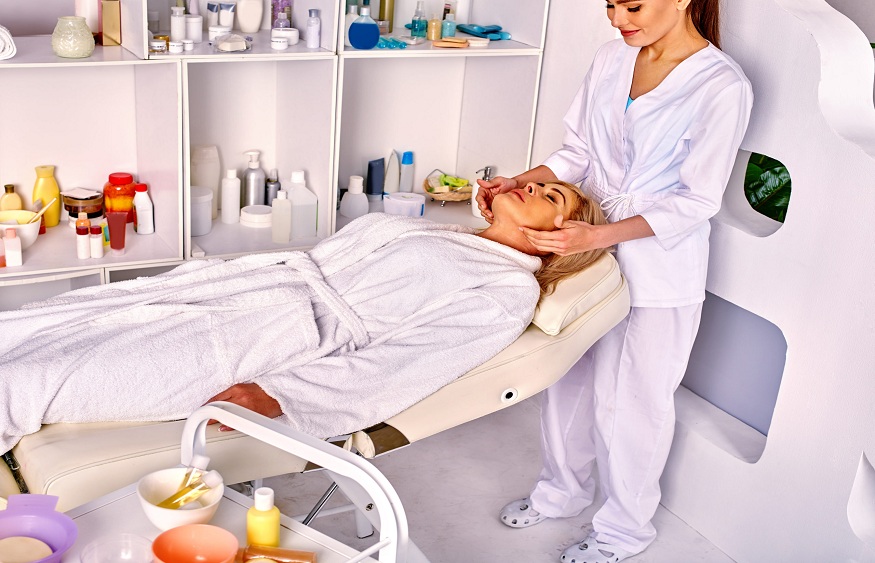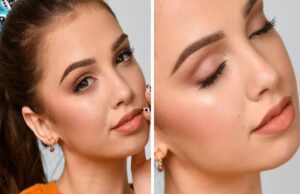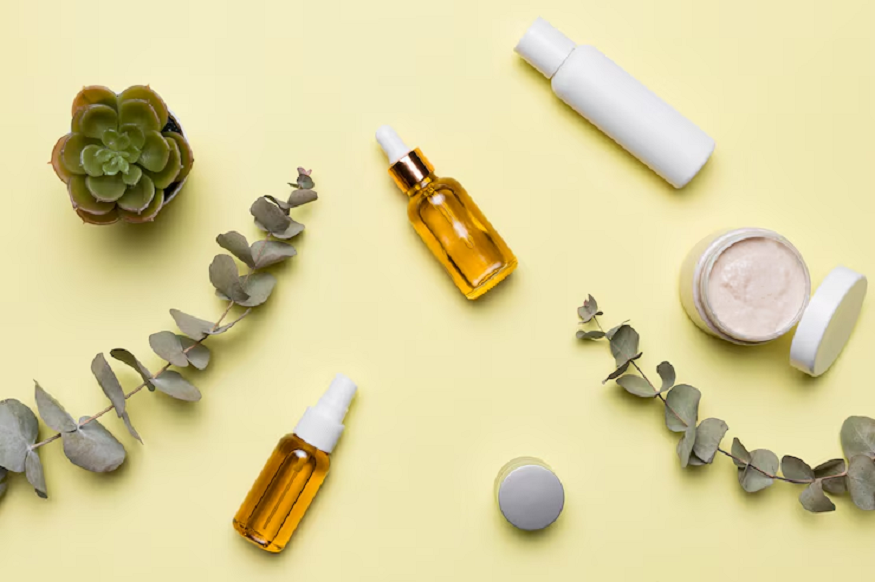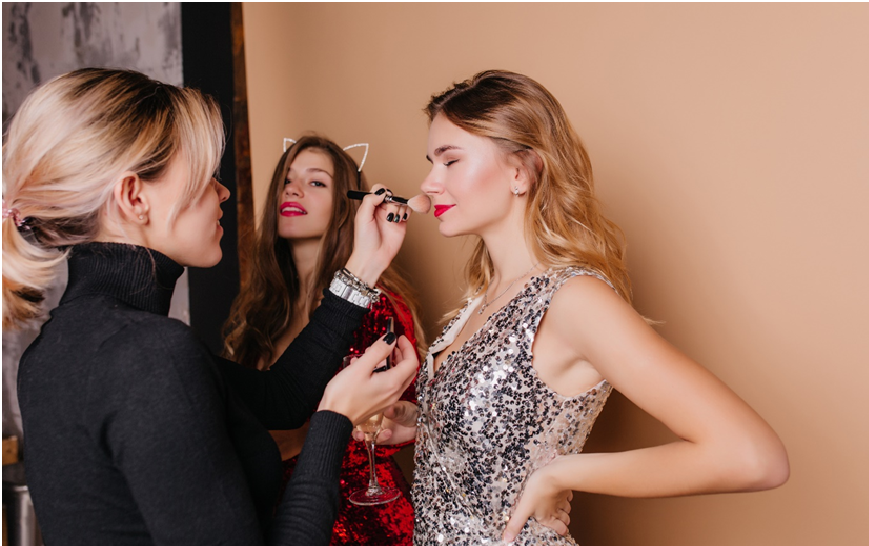Acne is a common skin condition that affects millions of people worldwide. It can be frustrating and have a significant impact on self-esteem and confidence. While there are numerous over-the-counter products and home remedies available, sometimes a more comprehensive approach is required.
In this article, we will explore the top ways to reduce acne, whether the battle is at home, at the spa or at a medical clinic. We’ll also explain the most promising, high-tech treatments available for this condition today.
Understanding acne
To effectively combat acne, it is crucial to understand its causes and types. Acne occurs when hair follicles become clogged with oil, dead skin cells, and bacteria. This leads to inflammation and the formation of pustules, cysts, pimples, blackheads, and whiteheads.
Hormonal imbalances, genetics, diet, stress, and certain medications can contribute to acne breakouts.
Maintain a daily skincare routine
Establishing a consistent skincare routine is essential in managing acne.
Begin with a gentle cleanser to remove dirt, oil, and makeup without stripping the skin.
Follow with a toner containing salicylic acid or witch hazel to unclog pores and reduce inflammation.
Apply a non-comedogenic moisturizer to hydrate the skin without clogging pores.
Lastly, always remember to use a high SPF, broad-spectrum sunscreen to protect the skin from harmful UV rays.
Diet and lifestyle
A healthy diet and lifestyle can have a significant impact on acne.
To fight acne, eat foods rich in antioxidants, such as fruits, vegetables, and whole grains. These help reduce inflammation and promote healthy skin.
On the flip side, limit the consumption of processed foods, sugary snacks, and dairy products, as they may exacerbate acne breakouts.
Engaging in regular exercise, managing stress levels, and getting adequate sleep also contribute to overall skin health.
AviClear: the best thing to happen since retinol for acne?
AviClear is an innovative, aesthetic treatment that has gained popularity in the fight against acne. It combines the power of advanced technology and clinical expertise to deliver impressive results.
AviClear is a type of acne laser therapy to target and treat acne at one of its sources – the sebaceous (i.e. oil) glands. The treatment effectively reduces oil production, leading to a clearer complexion in the long term. Its makers claim it takes only 3, 30-minute treatments to see a reduction in acne.
Laser acne therapy
Other types of laser therapy are also non-invasive procedures that have shown good results in acne reduction. They work by targeting bacteria responsible for acne breakouts. The laser’s energy penetrates the skin, destroying the bacteria and reducing sebum production, leading to a decrease in acne lesions.
Laser therapy also stimulates collagen production, helping to improve overall skin texture and tone.
While AviClear works in just three treatment sessions, other types of laser acne therapy may need to be repeated indefinitely, or until one’s acne subsides.
Photodynamic therapy
Photodynamic therapy is a light-based treatment using a variety of light sources in combination with a chemical solution. The treatment can be painful and time-consuming. When treating acne with this method, light-sensitizers are used with a light source (such as red LED light), which helps to kill off the acne bacteria. After a photodynamic therapy session, a patient must stay indoors and avoid the sun for at least a few days, to prevent potential burns.
Chemical peels
Chemical peels involve the application of an exfoliating solution to the skin, which causes the outer layer to peel off. When the outer layer has been removed, the body reveals fresh, rejuvenated skin underneath.
These peels exfoliate the skin, unclog pores, and reduce acne lesions. They also help to fade acne scars and hyperpigmentation.
Chemical peels can be customized based on the severity of the acne and skin type.
Microneedling
Microneedling is a procedure that uses tiny, sterile needles to create controlled micro-injuries to the skin. This process stimulates collagen and elastin production, promoting skin rejuvenation and reducing the appearance of acne scars.
Microneedling also enhances the absorption of topical treatments, making it an effective combination therapy for acne.
Topical retinoids
Topical retinoids, such as retinol, tretinoin and adapalene, are derivatives of vitamin A. They are commonly prescribed for acne treatments. They work by unclogging pores, reducing inflammation, and promoting cell turnover.
Regular use of topical retinoids can effectively minimize acne lesions and prevent new breakouts.
It is important to note that these topicals can cause dryness and increased sensitivity to the sun, so proper usage and sun protection are essential.
Professional extraction
In cases of stubborn acne or large, painful lesions, professional extraction can be performed by a doctor or aesthetician. They use specialized tools to carefully extract blackheads, whiteheads, and pimples.
Their methods reduce the risk of scarring and accelerate the healing process.
Professional extraction should always be performed by trained individuals to avoid further skin damage.
Consultation with a skin specialist
While the aforementioned treatments can be highly effective, it is essential to consult with a skin specialist or doctor before pursuing any aesthetic treatment for acne.
A doctor or senior aesthetician can assess your skin condition, determine the underlying causes of acne, and recommend the most suitable treatment options tailored to your specific needs.
Conclusion
Combating acne requires a multi-faceted approach that encompasses proper skincare, a healthy lifestyle, and targeted aesthetic treatments. AviClear and other aesthetic treatments, such as laser therapy, chemical peels, and microneedling, offer innovative solutions for those struggling with acne.
However, it is important to remember that results of any treatment can vary from person to person. A personalized treatment plan guided by a doctor or senior aesthetician is crucial for optimal outcomes.
With the right combination of treatments and a consistent skincare routine, you can significantly reduce acne and achieve a clearer, healthier complexion.





